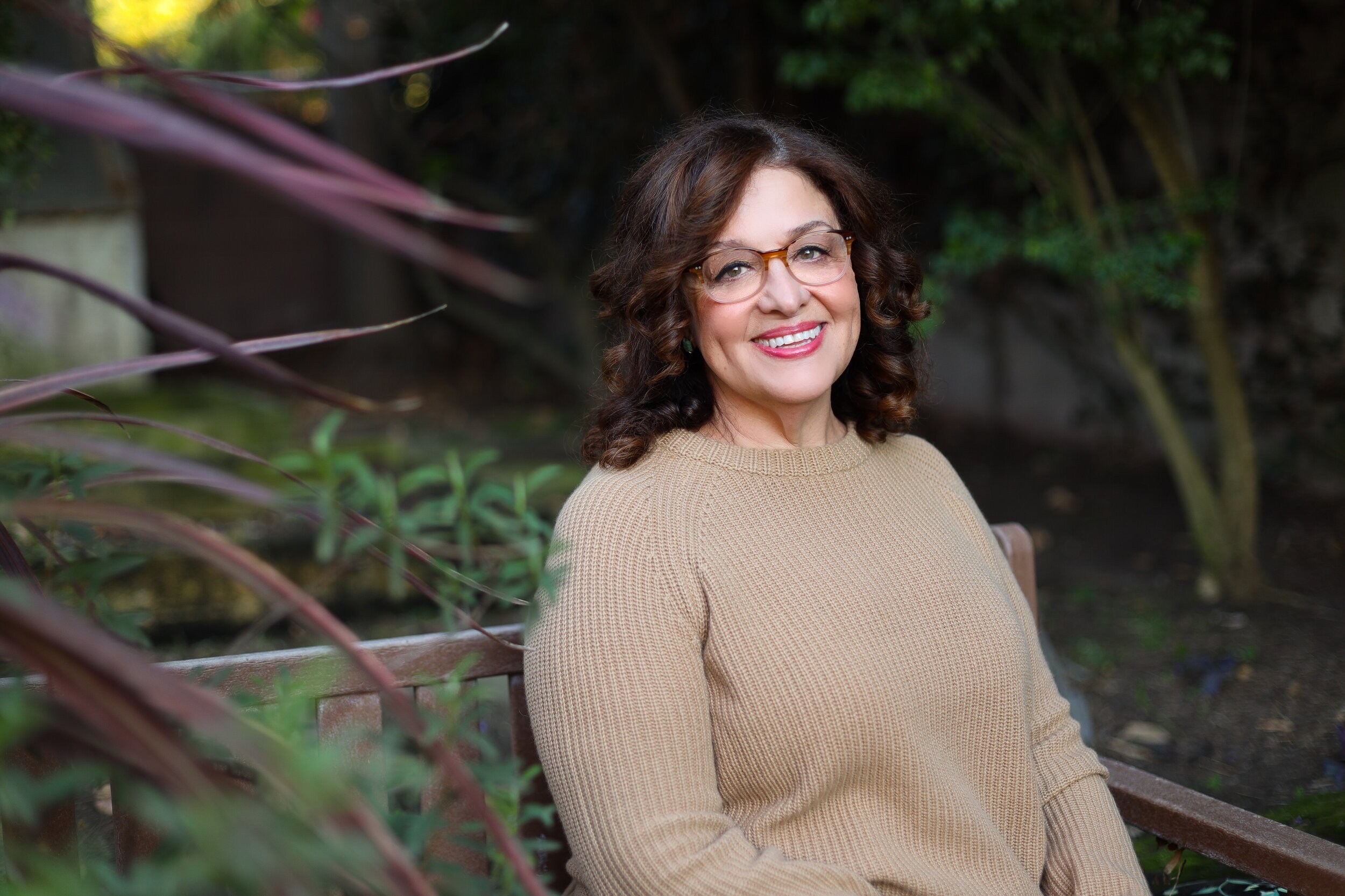Vaping in the Time of Coronavirus
/Joan Stein Jenkins, esq., Beach Cities Juvenile Diversion Program
We face a unique set of challenges during the coronavirus pandemic, in our home lives, our work lives, and our social lives, all of which seem to have suddenly melded together. We are all in this imposed isolation, fearing for our health, our loved ones, and the future.
But because of these extraordinary circumstances, we also have unprecedented opportunities to help our children, to bond with them, and to create fundamental positive change in their lives and our relationships with them. As we spend more time with our children, we have a chance to slow down, renew, and recharge. Families, in the broadest sense, can come together. Vaping is often a self-soothing remedy for anxiety and stress, and this is a perhaps an unprecedented family time to address these underlying issues. We have more time to talk and listen, whether face-to-face or by FaceTime, and strengthen family ties. We have time to foster hobbies and interests together, to cook as a family, to join hands in housework. And we have a unique and vital opportunity to address vaping in a protected family environment—perhaps for the only time, an environment free from social pressure.
We are so often caught up in work and daily necessities that we neglect what matters most: the homes we create for ourselves. I believe this is the time to focus on home, on those dear to us, to make the good even better and learn to appreciate and understand each other. This is a time for parents to truly listen to children and learn who they are—something they could never really do in less cloistered times.
Overwhelmed? Unsure where to start? This time together can present a unique opportunity for us to help our children. Our kids on some level think they are invulnerable—we’ve seen countless young people ignoring the pleas to socially isolate. Teens and preteens from a broad spectrum of groups, all GPAs, residents from all communities, all strata of society, are engaging in concerning behavior. But the coronavirus presents a new threat: Anecdotal evidence—not yet backed up by peer-reviewed studies—suggests that there may be a link between vaping and more severe reactions to the coronavirus among young Americans. I believe that this is the place where we as parents start—the fight against teen vaping.
In normal times, kids share vapes at home, at parties, and at school. They inhale from the same mouthpiece, without a Clorox wipe in sight. When I point out the risky behavior to teens, I rarely get more than a shrug. During a pandemic, these behaviors are all the more alarming in terms of spread of the virus and could be hazardous to teens’ lungs as well.
So how can we address the challenge? The answer is not simply taking away the vape. If vaping is an act of rebellion, you’ve just proved your teen’s point. The answer is getting to know your teen, giving your teen a chance to get reacquainted with you, and sharing how much you love each other. Caring about each other – and really reflecting on what that means – can be an impetus for our children to think long and hard about changing self-destructive behavior. Having meaningful conversations, having fun conversations, just chatting, just being together, being kind, remembering the authentic person we are speaking to, being respectful, and expecting respect in return—these all can bring out the best in our families.
Joan Stein Jenkins, Esq., Beach Cities Juvenile Diversion Program
https://www.joansteinjenkins.com/





